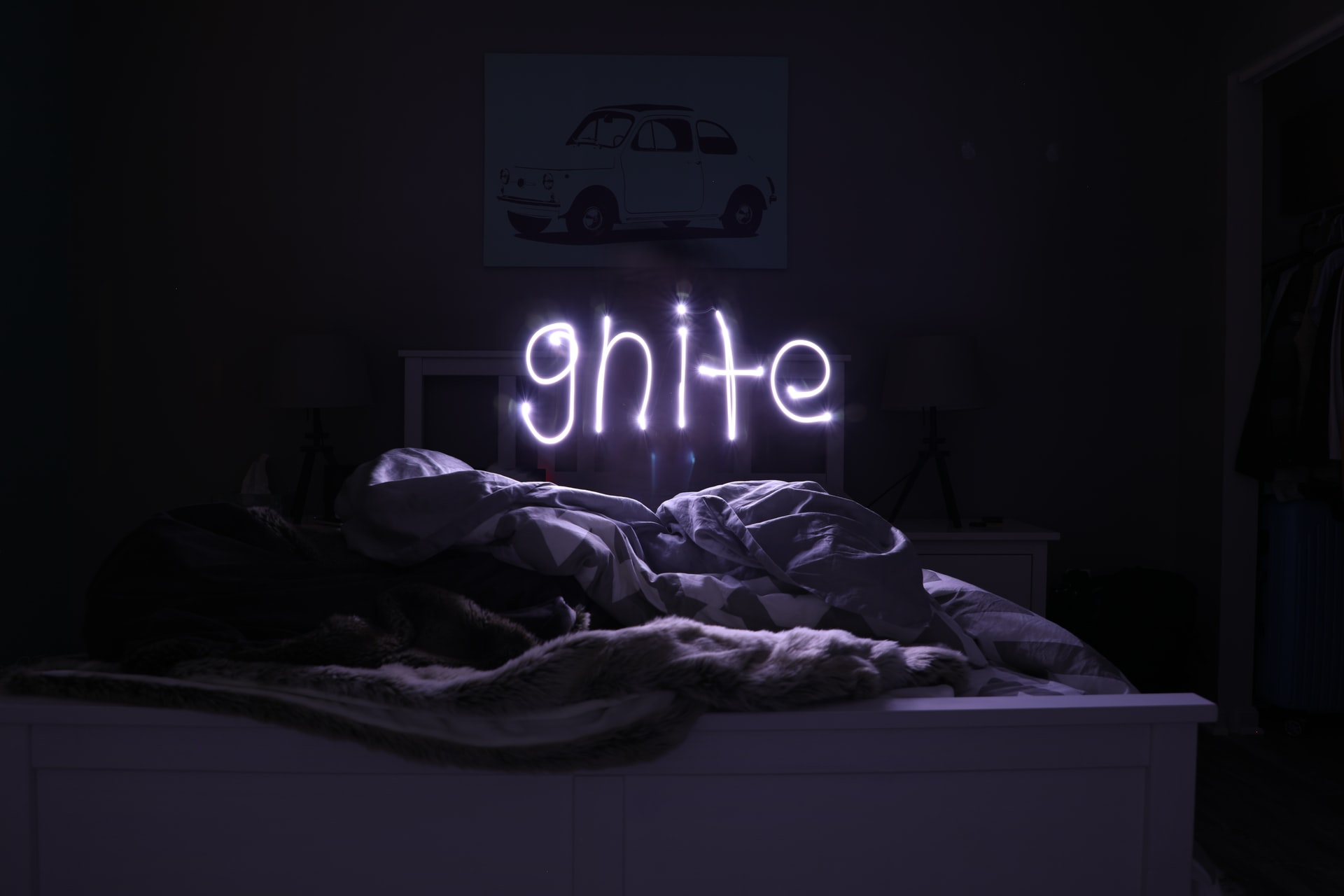Tossing and Turning
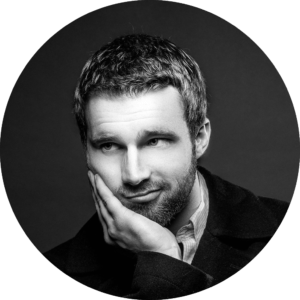
By Michael Powers
Staff Writer
16/12/2020
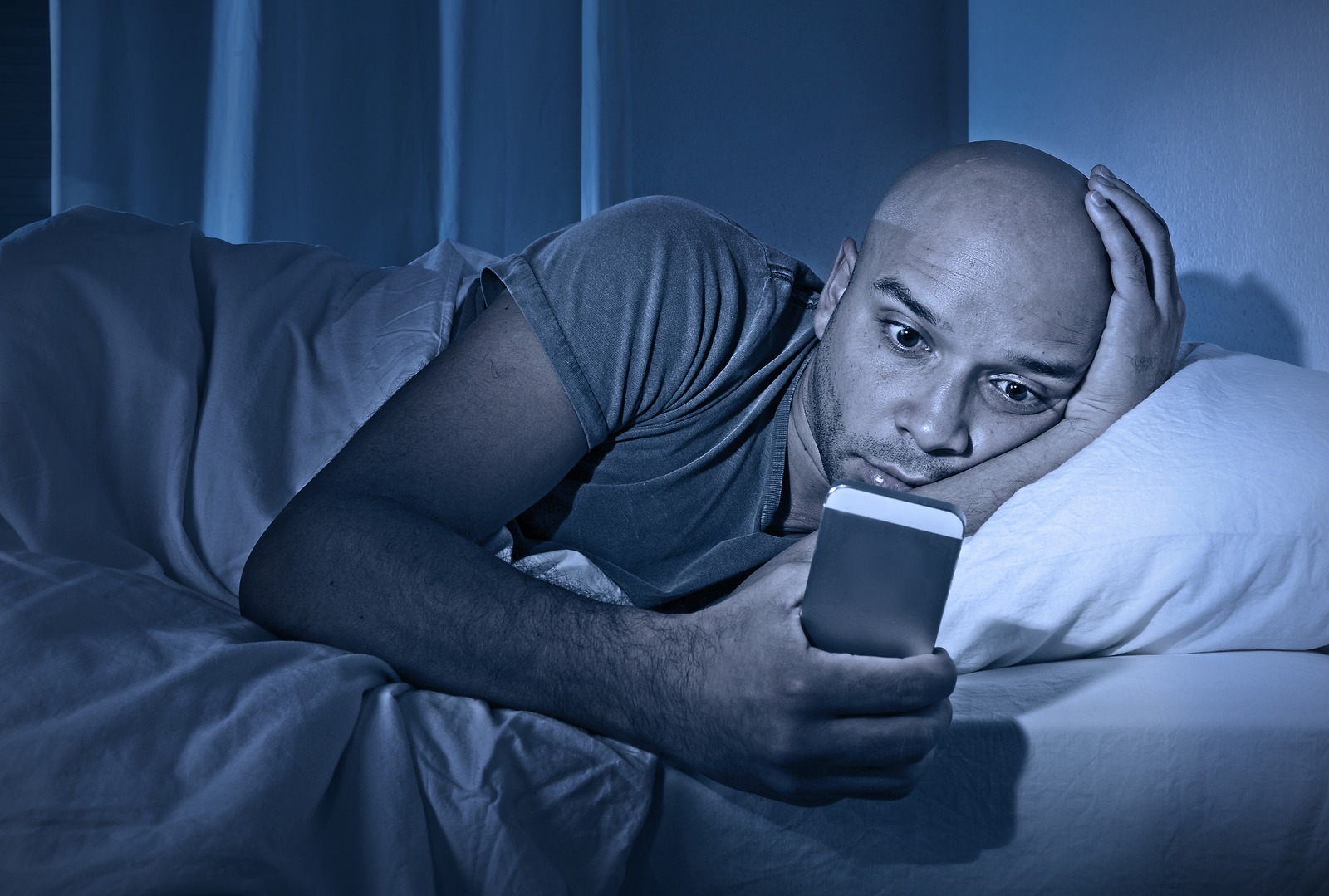
When she’s sleeping, my girlfriend is an asshole. I love her when she’s awake. But at night, under the cover of darkness and a black silk sleeping mask that says “on my way,” she becomes a demon. You see, my girlfriend snores. It’s not her fault, I know, but it feels like a personal attack, because I have insomnia. And when you’re sleeping with an insomniac, snoring is a real asshole move. Her every breath rattles me awake and at the same time reminds me that she is sleeping just fine. Maybe it’s just jealousy, but sometimes I hope her snores escalate into full blown sleep apnea so that we can suffer through the nights together. That would be the polite thing to do.
Specifically, I have what’s called “onset insomnia.” It’s a sort of momentum problem wherein my brain is an object in motion hellbent on staying in motion. Once I do manage to hit the breaks, the momentum shifts. My brain is now an object at rest and it would very much like to stay that way. Hard time falling asleep, even harder time waking up. That’s the story of my life.
When I was a kid my dad would wake me up for school and stand watch until I staggered toward my dresser, an eight-year-old failing miserably at a field sobriety test. I’d reach the dresser and dad would head downstairs to get ready, himself also running behind.
As soon as he left, I’d kneel at the foot of my dresser, pull out the second drawer from the bottom, and rest my head on a bright red Kansas City Chiefs sweater, which I could only wear a few months a year but worked year-round as a second-string pillow. Eventually, my dad would notice a lack of sound coming from my room and would thunder back upstairs and throw open my door.
“Are you getting ready?” he would shout.
But I knew what I was doing. Knelt down in front of my dresser, head bowed deeply into the drawer, I’d jolt awake and reply, “I’m praying.” In conservative, religious Kansas, it’s difficult to argue against prayer.
“God’s everywhere, so tell him you’ll finish up when you get to school.”
Damn, got me.
My problem only escalated as I got older, and when I left home it really took flight. I routinely found myself crawling into bed at four in the morning, scrolling and tapping an endless array of alarms on my phone. I would set so many alarms, and snooze them so much, that at a certain point each morning the alarms would overlap and clash until my room sounded like a fifth-grade orchestra warming up. My roommates loved it.
I’ve come to dread waking up. Every morning my inner monologue turns into a sort of Smeagol v. Gollum battle for control.
“Alright, we got this. Time to get up.”
“But we are so, so tired.”
“I know, but, society-”
“Society can wait. They won’t even notice if we spend five more minutes with our precious…”
“You mean…the snooze?”
“Yessss. Press it. Press the snooze. PRESS IT!”
And like Smeagol, despite my most valiant efforts, the call of the precious always wins out in the end. I cling to every last moment I can get with it. Eventually the panic of being late to work outweighs it and I wrench myself awake and stumble through my daily attempt to get ready for work in 10 minutes, knowing full well it will take me 20 and that I will once again be jogging into work 10 minutes late.
Sleep experts will tell you that snoozing is a futile, counterproductive act. After you hit snooze, your body starts making its way back toward deep sleep, but 5 minutes into its journey the alarm sounds again and you wake up feeling even sleepier than you did before. I know this rationally, but my morning self is a science denier. At 8 am on a Monday, looking down the barrel of a 40-hour work week, you could get me to say the earth is flat if it meant that I could sleep another hour.
And it’s not just me. In a world of screens and infinite scrolls, more and more people are struggling to sleep. We are 16-hour people in a 24-hour world, and it’s taking a toll. For instance, the RAND Corporation published a report showing that the United States loses up to $411 billion dollars annually due to insufficient sleep among the workforce. Tragic. Think of all the bombs we could make with that money.
Another study, published in the journal Social Science and Medicine, looked at problems of sleep quality among workers. It found that the average American worker reports on a weekly basis: 5.3 days of difficulty falling asleep, 6.6 days of difficulty staying asleep, and 5 days of trouble waking up for work. That’s 5 out of 5 days. This begs the question: Is the problem our sleep, or is the problem our work? It’s probably both. Bad sleep leads to bad work, which leads to stress, which leads to more bad sleep. Repeat ad nauseam. Conversely, better sleep would boost productivity.
The average American worker reports on a weekly basis: 5.3 days of difficulty falling asleep, 6.6 days of difficulty staying asleep, and 5 days of trouble waking up for work.
More importantly, though, bad sleep is wrecking our health. According to the Centers for Disease Control (CDC), adults who get less than seven hours of sleep per night are more likely to be obese. They are more likely to develop health problems like heart disease, arthritis, and even cancer. They are also more likely to develop mental health problems like depression. But maybe they’re just sad about their cancer.
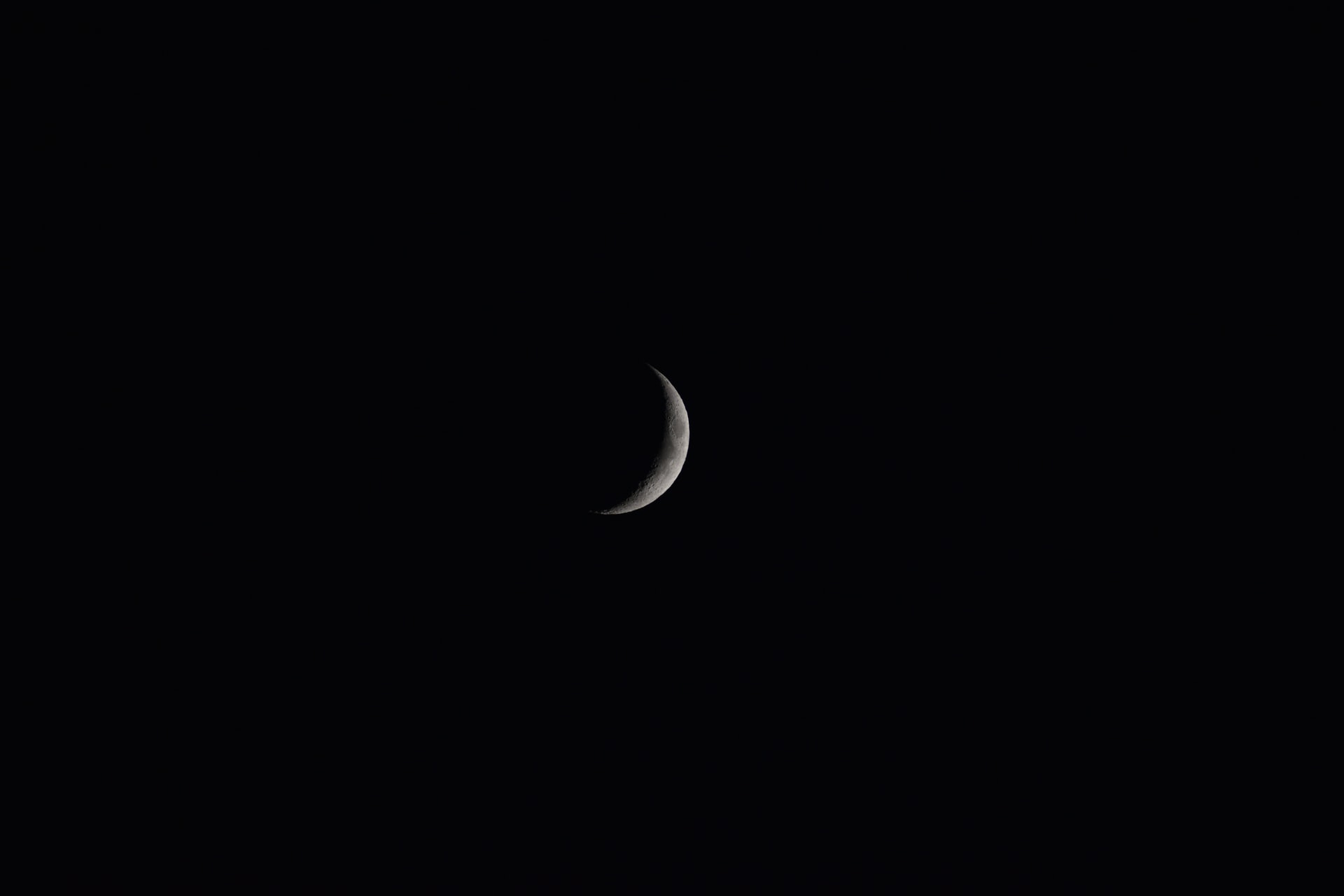
And it’s not just adults. The CDC says that among high school students, 68.8% of them get less than the recommended eight hours of sleep. If I know high school students, the problem will only get worse as they try to get that number up to 69%.
Don’t get me wrong, though, insomnia isn’t all bad. I read one article that said night owls are more intelligent than other people. The author claimed that we’re just so busy making connections and coming up with the next great idea that our brains can’t shut down. I’ll be honest, during the day, as I walk around bleary-eyed and agitated, this theory gives me some comfort. I look around at all of the well-rested idiots milling about with their stupid grins, and I enjoy a slight sense of superiority. But at night, as I relive embarrassing moments from the fourth grade for the millionth time, I don’t feel very smart. I don’t feel superior. In fact, I feel pretty stupid for saying that thing I said 18 years ago. I would love to turn it off. If I’m so smart, shouldn’t I know how to turn it off? Wouldn’t a smart person know how to go to sleep?
I think it’s about time I learn.
***
Science

A quick Google for “sleep science,” led me to a podcast interview with a sleep researcher and his first piece of advice: “Set a consistent sleep schedule. Go to sleep and wake up at the same time every day. Even on weekends.”
No sleeping in.
Even. On. Weekends.
You know, I’ve always thought science was a bit overrated. I think I’ll look elsewhere…
***
Superstition
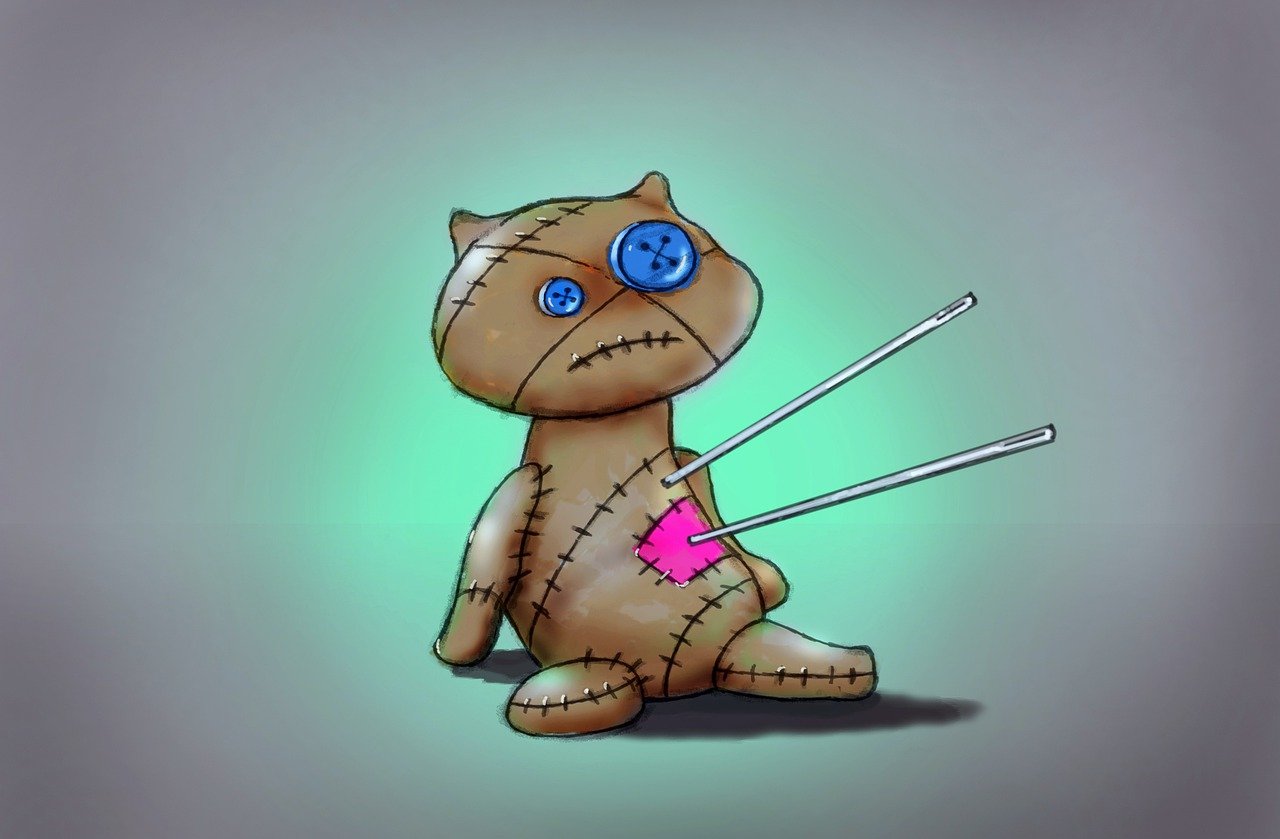
Superstition is a bit like science but without all the boring reproducible results. And it’s pervasive. From athletes wearing lucky briefs to women asking what time you were born, it seems everyone is a little superstitious. And yet, I couldn’t find many superstitions around the topic of getting a good night’s rest.
One did interest me. Some people believe that it’s important to sleep with your body aligned north to south, your head pointing north. I think it has something to do with efficiently channeling the Earth’s magnetic energy. Depending on who you ask, this positioning helps you sleep better, live healthier, and beget male children. I can only assume that flipping your head toward the south would beget female children and that all other points on the spectrum of gender can be begotten by various sleeping positions within the 360 degrees of the compass.
I suggested to my girlfriend that we align our bed with the magnetic poles of the Earth, but she pointed out that we would have to re-hang all of our pictures. Too much work. Also, she wants girls.
Moving right along…
***
ASMR
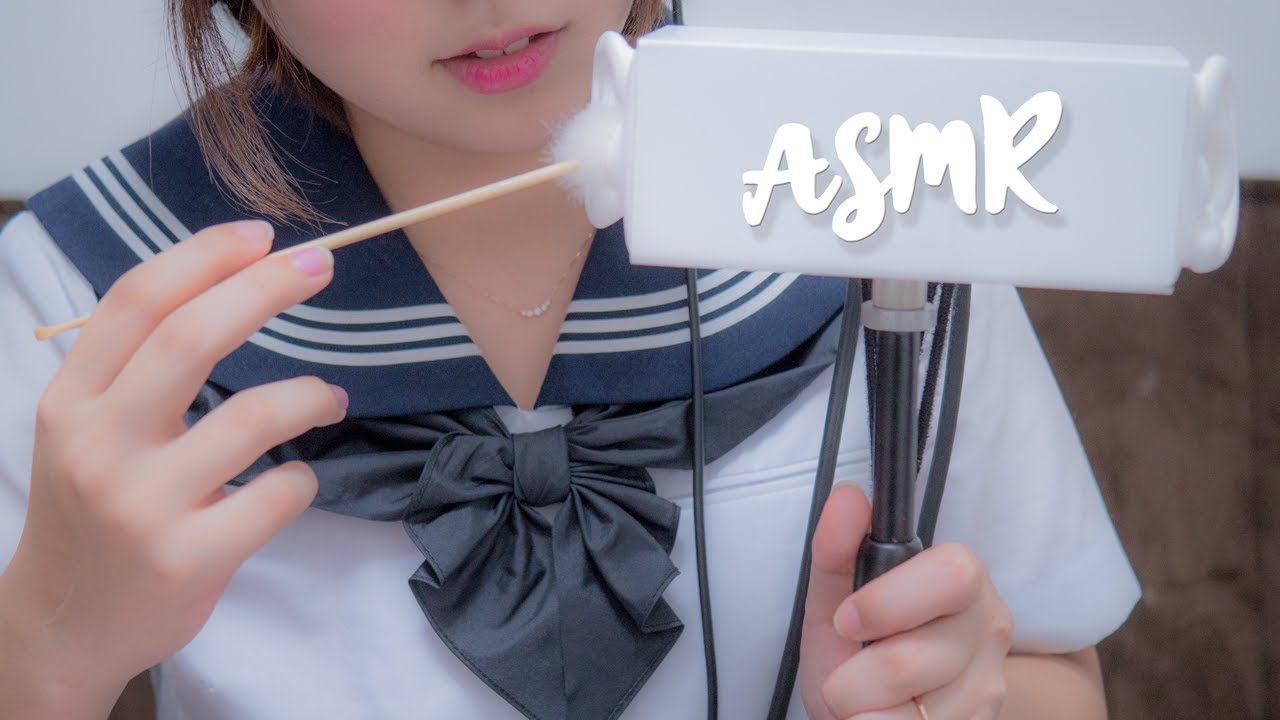
Picture Credit: 崎原貴
Autonomous Sensory Meridian Response (ASMR) is a popular genre of content in which a person whispers or makes soft sounds in extremely close proximity to their microphone. The goal of ASMR is to generate “tingles,” in the listener, that bubbly electric feeling that washes from the top of your head down your spine. ASMR enthusiasts love the tingles. They find the whole experience soothing and recommend it as a way to help you fall asleep at night or quell anxiety at work.
The videos range from the strangely sexual to the just plain gross. On the one hand, an attractive woman could be suckling at the earlobes of a mannequin head. On the other, a man could be agressively gnoshing cucumbers in your ear. The possibilities are truly endless.
I gave it a shot. It was…entertaining. As far as my sleep goes, however, it was pretty much useless. How am I supposed to sleep when there is this unending supply of deranged chewing and hushed roleplay to explore? Despite the calming effects of the tingles, I still found myself lying awake at night, stumbling across a particularly sultry ASMR video, and wondering who watches this stuff. I almost feel bad for them. There’s a limitless supply of free porn on the internet and these guys are watching some girl French kiss a dummy.
Look, maybe that’s your thing and it puts you right to sleep. But for me, ASMR was more like watching a horror movie that leaves you wide awake, staring up at the ceiling, questioning your faith in humanity.
***
Drugs
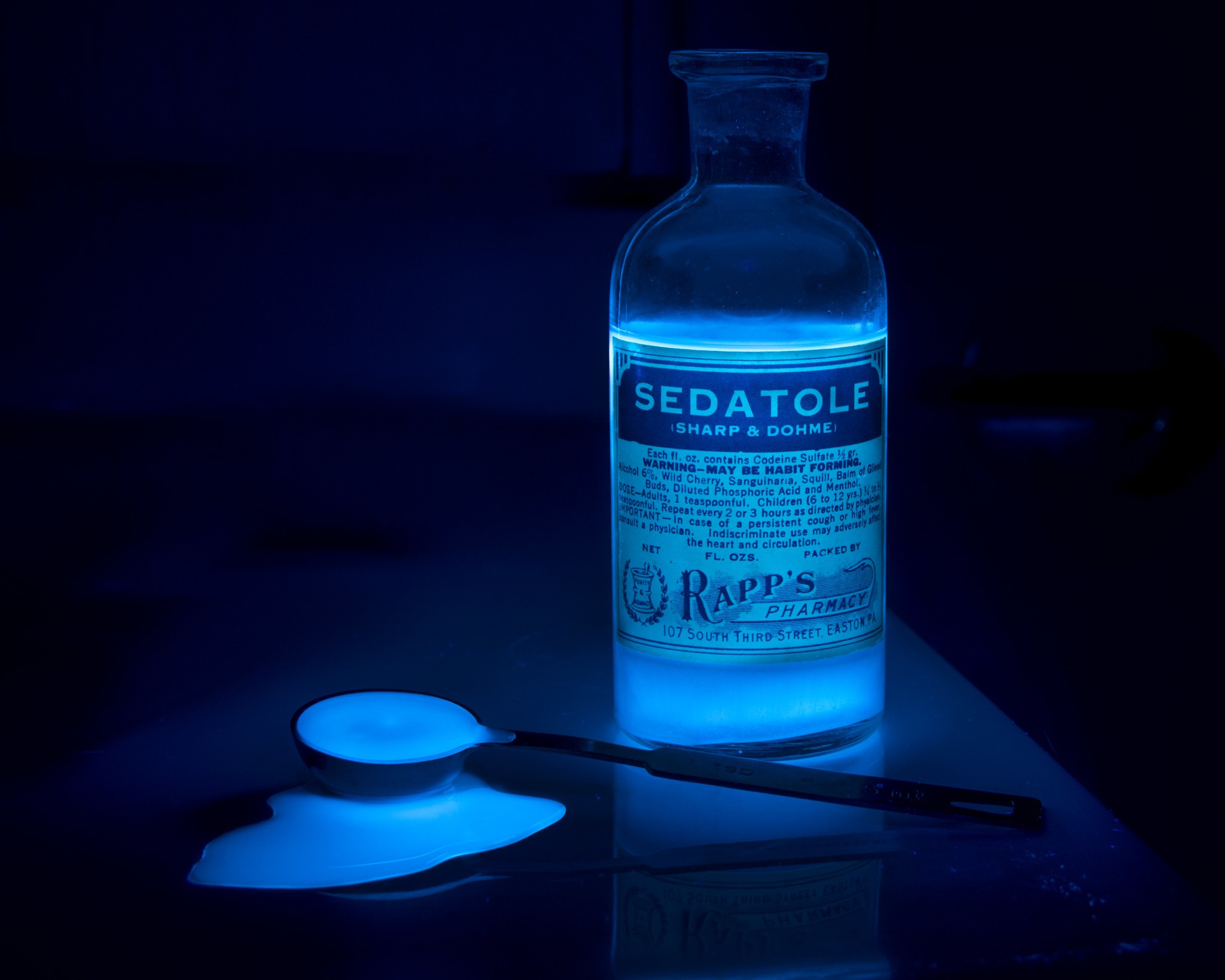
Picture Credit: Thomas
In a way, you could call drugs a return to science. Right?
Now, on the most teetotaling end of the spectrum, you have your over-the-counter sleep aids. This part of the drug store I’m very familiar with. I’ve single handedly kept at least three different manufacturers of melatonin supplements in business. At one point I was taking 14 extra strength melatonin chewables every night. You could call me the John Belushi of grape flavored sleep supplements. It didn’t really help, though, so I stopped.
Around that time, I moved to California and began experimenting with medicinal marijuana for insomnia. This didn’t help much either, but I kept experimenting heavily, just to make sure. My sleep didn’t improve, but I’ve watched and forgotten more documentaries than I ever thought possible.
Codeine cough syrup! Now that is a working man’s sleep tonic. It’s also completely legal, all you have to do is lie to your doctor about the severity of the cough that’s accompanying your sinus infection. I took my first swig and within an hour I was lying on my back floating through a molten lava lazy river of warm, fudgy, opiate-induced sleep.
I woke up the next day with newfound empathy for heroin addicts. I understand now how someone could wind up under a bridge forsaking shame and even their own sexuality just for another ride on the dragon. But that chance of addiction is a bit of a drawback, so it’s probably best I save the codeine for special occasions.
Another unfortunate side-effect of drug induced sleep, be it codeine, alcohol, or Mary Jane, is that it negatively impacts the quality of your sleep. Hence why alcoholics aren’t known for their perky disposition in the mornings. As a long-term solution, drugs just won’t cut it.
At this point I am running out of options.
***
Temperature
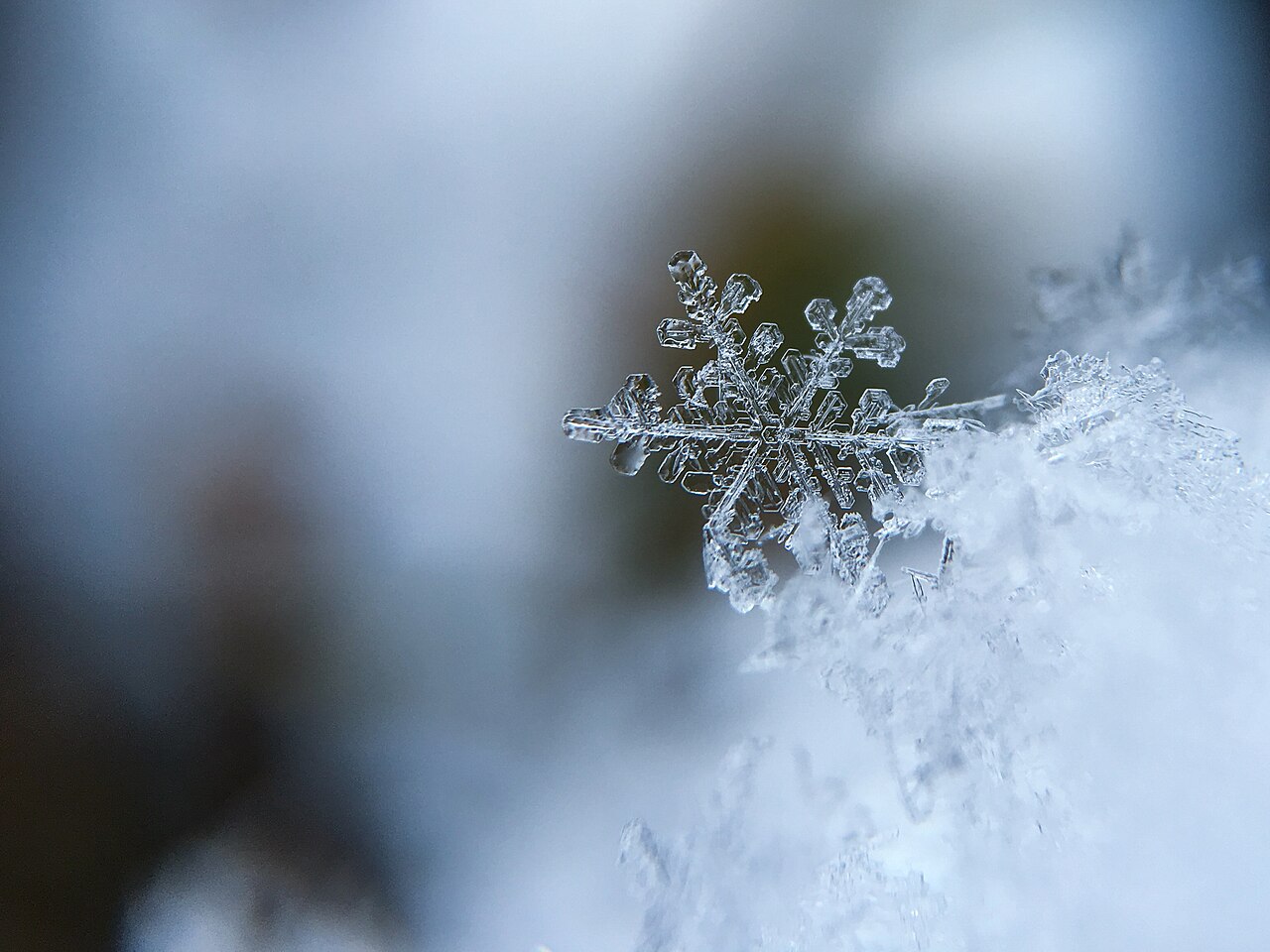
Professor Jerome M. Siegel, a sleep researcher at the University of California Los Angeles, co-authored a study looking at the sleeping habits of preindustrial societies (hunter-gatherers/hunter-horticulturalists) who have largely maintained isolation from modern society. The study’s subjects reported vastly lower rates of insomnia as compared to industrialized nations.
Typically, people assume that in a more “natural” lifestyle, we would go to sleep and wake up with the sun. Sunset means it’s time for bed, sunrise means it’s time to get back at it. But Professor Siegel’s team found that their subjects’ sleep schedules correlated more closely with the nighttime drop in temperature, and the corresponding increase in temperature in the morning.
I saw this as an opportunity to hack my sleep. Professor Siegel told me he had not manipulated temperatures with insomniacs living in industrialized societies, but that he might in the future. Well, I’m a little busy and can’t wait for the future to arrive, so I made myself a guinea pig. A very cold guinea pig.
I don’t remember sleeping any better; the only difference was that my nighttime thoughts now centered around how damn cold I felt. The professor kind of predicted this: “Simply dropping the temperature a few degrees does not precisely match the time course of the situation we see under natural conditions, and there may be a developmental component, i.e. living and sleeping at a constant temperature from birth may have long term effects on sleep.” If I understood correctly, he means my air-conditioned childhood may have ruined me. In other words, my parents screwed me up for life. It’s always the parents’ fault.
Ultimately, my experiment was cut short after a utility bill from the Los Angeles Department of Water and Power called into question the adequacy of my funding.
***
A few months ago, my nighttime routine got out of hand. In an effort to trick my body into sleep, my routine had evolved to include 500 mg of magnesium, 5 mg of melatonin, two sprays of Luna Lifestyle Rest + Relaxation Aromatherapy Spray (lavender), a Breathe-Rite extra-strength nasal strip, a mixture of 2 tablespoons apple cider vinegar and 1 tablespoon honey diluted with hot water, and when I was finally ready to give sleep a go, I’d say “Hey Google, play sleep music.” I still couldn’t sleep, but now my insomnia had an incredibly boring soundtrack.
The apple cider vinegar and honey sleep tonic is an idea I got from Tim Ferriss, the bestselling author and venture capitalist, who drinks it every night before bed and claims that it cured his insomnia. That hasn’t exactly been my experience, but I’m guessing the effects are more potent if you’re a millionaire.
I don’t mean that in a bitter way, it’s just that Tim has a lot of comforts I don’t have. He has a soaking tub that he can stand up in, fully immersed. I have a 10-dollar plastic piece that keeps my overflow valve from kicking in so that, if I lay flat against the bottom of the tub and depending on my weight at the time, I can just barely keep the water level above my nipples. Tim and I lead very different lives.
Admittedly, I’ve taken a very first-world approach to fixing my sleep. I’ve been operating on the assumption that there’s some commodity I can purchase which will magically alter my biology, settle my mind, and ease the transition away from wakefulness. I am a well-trained American consumer.
Like most Americans, I choose to ignore the suggestions of the experts because they place the burden of success on my own self-control. Turn your devices off two to three hours before bed. Go to bed and wake up at the same time every day, no sleeping in on weekends. Exercise. Avoid caffeine after 4 pm. Don’t go to In-n-Out at 1 am after a night of drinking. In short, be boring.
According to the research, to sleep like a baby you have to live like a saint. This is why people don’t like science. It has an annoying habit of holding a mirror up to our own bad behavior.
According to the research, to sleep like a baby you have to live like a saint. This is why people don’t like science.
But I recently decided to try something radical and give the experts a chance. I got a new alarm clock that gently wakes me over the course of 30 minutes with a simulated sunrise. At my chosen wake-up time it fades in the dulcimer tones of that morning’s NPR broadcast. It’s the ensuing self-satisfaction and holier-than-thou attitude that ultimately rips me from sleep’s grasp.
The alarm works, at least better than my iPhone. The hard part is not sleeping in on the weekends.
But I’m doing it, or at least trying. I’m getting up at the same time every day, going to bed around the same time every night, practicing a (simplified) night-time routine, getting off my screens an hour before bed, and my sleep…is improving. I can’t tell you how upsetting that is. I do not want to be subject to the laws of science. I want to be special.
The truly enraging part, though, is that my productivity has skyrocketed. With my baseline sleep accounted for, my body is operating more smoothly, my brain is moving faster, and my reserves of willpower are deeper. Not sleeping an extra four hours on Saturdays and Sundays frees up a full shift’s worth of time. My life is undeniably better and yet the thought of living this way forever scares me. In order to maximize my sleep and my health, I have to accept that there are limits to my personal freedom.
I’m sorry, I thought I lived in America.
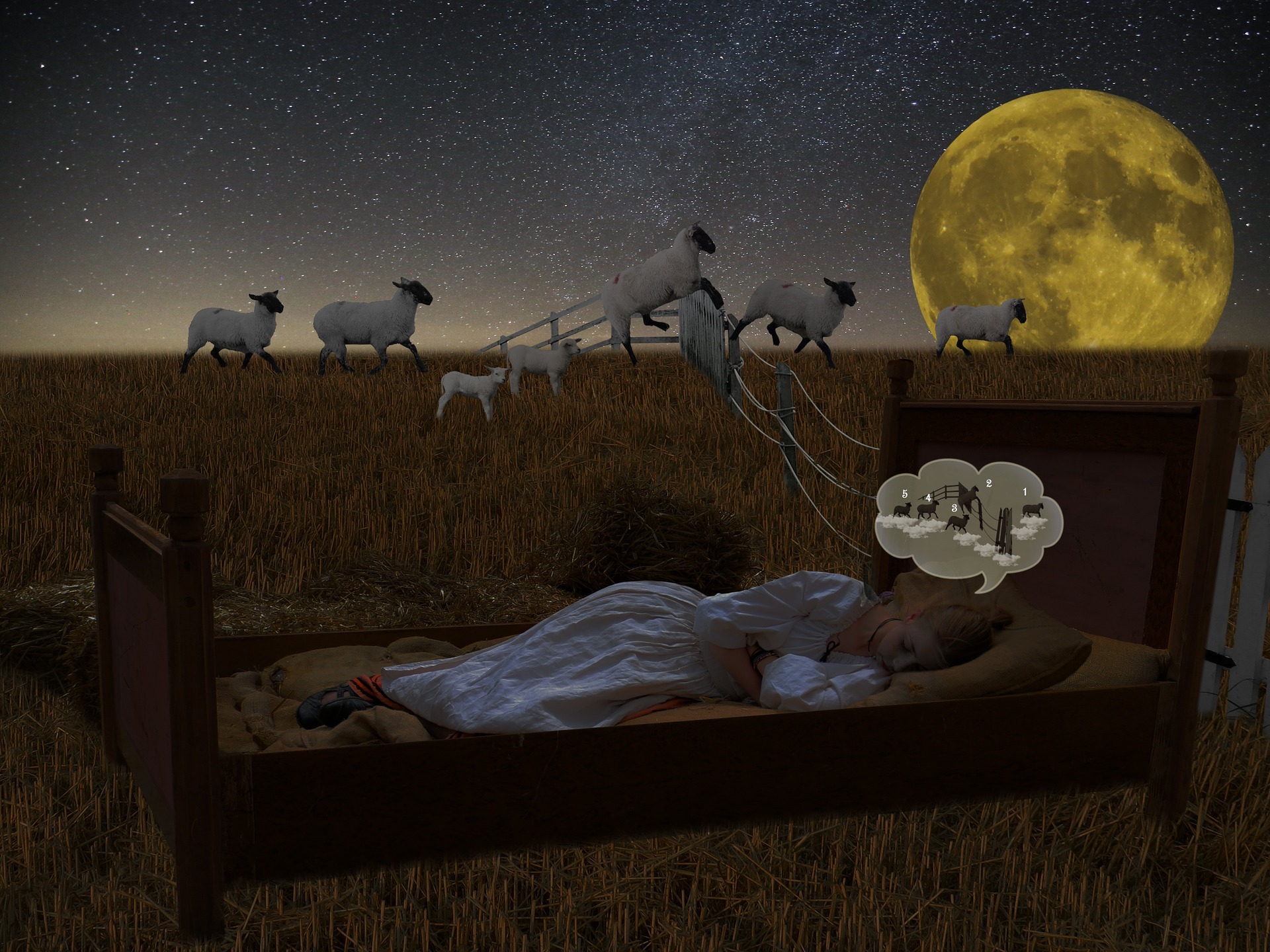
I’ve been using the term “science” in a way most scientists would find upsetting. Science isn’t really a set of rules for how the universe works, but rather a method for uncovering those rules. So please understand that when I say science, I really mean “our current understanding of the rules of our universe.”
In this respect, I see science as a maddeningly quiet dictator. I know human dictators have a pretty bad reputation, but you have to give them credit for at least clearly stating their expectations. With science, you have to guess and then see how it responds.
It’s also incredibly brutal. When it comes to killing living things, science has not failed once (that we know of). If our current understanding of the rules is correct, eventually all life and matter will be destroyed by its cruel machinations. Total destruction. I think it’s safe to say that none of us would vote for science if we had the choice.
In the United States we have a complicated relationship with science. We are quick to claim it when it supports our ideology or helps us win an argument on Facebook, and we are quick to dismiss it when it does not. We have rooted our national identity so firmly in individual freedom that we cannot emotionally handle the shackles of science.
The rules of the universe will not change to accommodate us. But if we work within their framework, we can use them to our advantage. I can fight the science of sleep, but I will ultimately lose and be less alive because of it. In this sense, prioritizing my personal liberty above science creates its own kind of prison.
I can fight the science of sleep, but I will ultimately lose and be less alive because of it.
What would the world look like if we modified our systems to accommodate sleep rather than modifying our sleep to accommodate our systems?
We would start work later and end work sooner. We would send our kids to school later and not keep them up late with excessive homework. Adult homework would change, too. We would stop rewarding all those insufferable brown-nosers that reply to emails at 11:59 pm and instead cultivate healthy work-life boundaries. We would offer more protections and benefits to shift workers, and maybe reconsider how many things actually need to be open 24-hours.
If the sleep nerds are right, we would be happier, healthier, and more productive. In other words, we would make more money and we would have the tools and time to enjoy it. It would take a big shift in mindset, but it’s worth considering.
Then again, science is fickle sometimes, and maybe the sleep question isn’t as straightforward as it seems. Professor Jerome Siegel emailed me after our initial exchange with a counter-intuitive afterthought, “There is some evidence that people with insomnia actually live longer than people without insomnia.”
It’s a comforting thought. Hopefully it doesn’t help me sleep at night.
